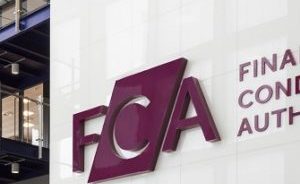Capital gains arise to the Qnups trustees as a non-resident entity and therefore are not subject to CGT, as would generally be the case. Income arising to the trust is not treated as that of the member but where the income is produced from UK assets the income arising to the pension is taxed at the rate applicable to trusts.
Consequently, some form of wrapper, for example a life policy, may often be used for UK income-producing assets. Rather appealingly, the structure of a Qnups means that the non-resident CGT charge does not apply, nor should ATED or the 10-year charge.
As a result, residential property could become a very appealing asset class where Qnups is concerned.
Gross roll-up of income and gains
The main benefit from a Qnups is that client can take a maximum 30% lump sum with the balance being used to provide an income for life. Expect to see the scheme rules stipulate a maximum age to commence benefits, 75 being typical, a feature more consistent with genuine pension planning than outright succession planning.
However, because Qnups would generally be seen as top-up provision over and above the limitations of a registered scheme, a fairly flexible approach to the income element is certainly preferable.
For example, the ability to defer income in years when it is not needed, or indeed to bring forward income from future years, is an attractive feature of some Qnups, as is being able to set a low level of pension drawdown where there are already healthy levels of income in retirement from other sources.
Whatever level and frequency of income is chosen, currently only 90% of it will be taxed in the UK but this looks likely to become 100% following the UK’s Autumn Statement in November.
Of course, any benefits paid on death from a Qnups will not fall into the member’s estate for IHT purposes.
Inter-generational planning
People at retirement age are not all aspiring to a dependant-free existence any more. For example, soaring education costs for their offspring (not to mention the debts they run up as a result of becoming educated) create a much longer tail of financial dependence than in days gone by.




